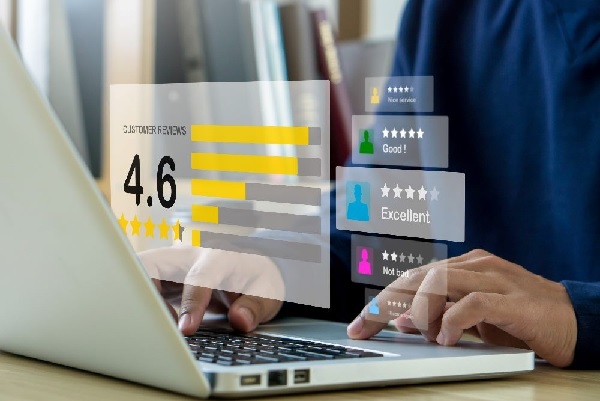What is Business Intelligence?
Business intelligence (BI) refers to the process of obtaining information from a variety of sources and using it to make decisions. More specifically, BI refers to the tools and technologies used for getting this information. The main sources in which we get data from are internal databases, external databases and customer surveys. Information that we obtain can be analyzed in order to gain a competitive advantage over our competitors or for other reasons. For example, if you want more information about what your customers want, you could do a survey on your website’s landing page asking users what they would like improved or changed on your site. Using this data will give you insights into how well your current business practices are doing as well as help shape future business practices by figuring out where there may be room for improvement or new opportunities that may not have been considered before. We are using BI software to get this information, hence the name Business Intelligence.
Business Intelligence Solutions: Data Warehouse vs. Decision Support System
There are two main types of business intelligence solutions: data warehouse and decision support systems (DSS). A DSS is a more sophisticated BI solution than a data warehouse because it allows for automation of business processes by providing access to real-time data, as well as historical and reference data. However, some companies may be better suited for an on-premise solution with a data warehouse rather than a DSS because they do not have enough in-house technical resources or they want to minimize IT costs by using their own hardware instead of paying licensing fees per user per month to use software that is hosted online, which would be required with a DSS.
Another difference between these two solutions is that with the latter you can create your own reports using different software applications such as Excel or SQL Server Reporting Services (SSRS), while with the former you need someone who has experience building queries in order to create custom reports from your company’s existing database. In addition, some companies want their BI users to have access only within internal databases and portals with an on-premise solution whereas others prefer open architecture where users can connect over the Internet through web services and portals provided by other vendors which are usually free but limited compared to what you get when you buy it yourself from Microsoft Business Intelligence Suite (BI Server) or SAP Crystal Dashboard XI etc.
One of the most important differences between these two solutions is that with a DSS, end-users can add new information to their dashboard easily by themselves. On the other hand, with a data warehouse you need to have IT support in order to make changes because it contains sensitive and confidential information such as customer credit card numbers and bank account numbers.
Business Intelligence Software and Vendors: Microsoft BI vs. SAP vs. Oracle vs. Tableau
There are four categories of business intelligence software: online analytical processing (OLAP), data mining, advanced analytics and business performance management (BPM). As mentioned before, there are also four main vendors in which we can choose from: Oracle Business Intelligence Suite, SAP BusinessObjects BI Platform, Microsoft SQL Server Analysis Services/Business Intelligence Suite (BI) or Tableau Desktop/Tableau Server for advanced analytics.
OLAP tools allow users to summarize and analyze multidimensional data in a very efficient manner. From the four vendors, Microsoft is the only one who offers this type of software. SAP BusinessObjects BI Platform also has OLAP functionality but it is only available with their DSS solution. Oracle Business Intelligence Suite does not offer OLAP functionality but they are working on adding it to their product line by next year.
Data mining software allows a user to find hidden or previously unknown patterns or relationships in large amounts of data (usually from an internal database) using statistical techniques including regression analysis, classification algorithms and clustering algorithms among others. It can be used for predictive modeling where you can predict information about future customers based on historical customer behavior or for descriptive analysis where you can predict what your sales will be months from now based on how well your sales have done during the previous months over time (dynamic forecasting).
Data mining software is provided by all four vendors mentioned above except Tableau Desktop/Tableau Server which doesn’t have any data mining functionality at all because they are geared towards advanced analytics rather than support more traditional business intelligence functions such as reporting and dashboarding which would require data mining capabilities in order to provide useful information that would help make better decisions strategically within an organization.
I have mentioned four vendors and three types of software. Business intelligence is a very broad subject and there are many things to learn, but I hope this piece was able to give you an introduction as to what business intelligence is. If you would like more information on this subject, I recommend that you read Wikipedia’s page on Business Intelligence or watch the video below which breaks down different BI solutions in a very simple manner.
Also read Business Intelligence










